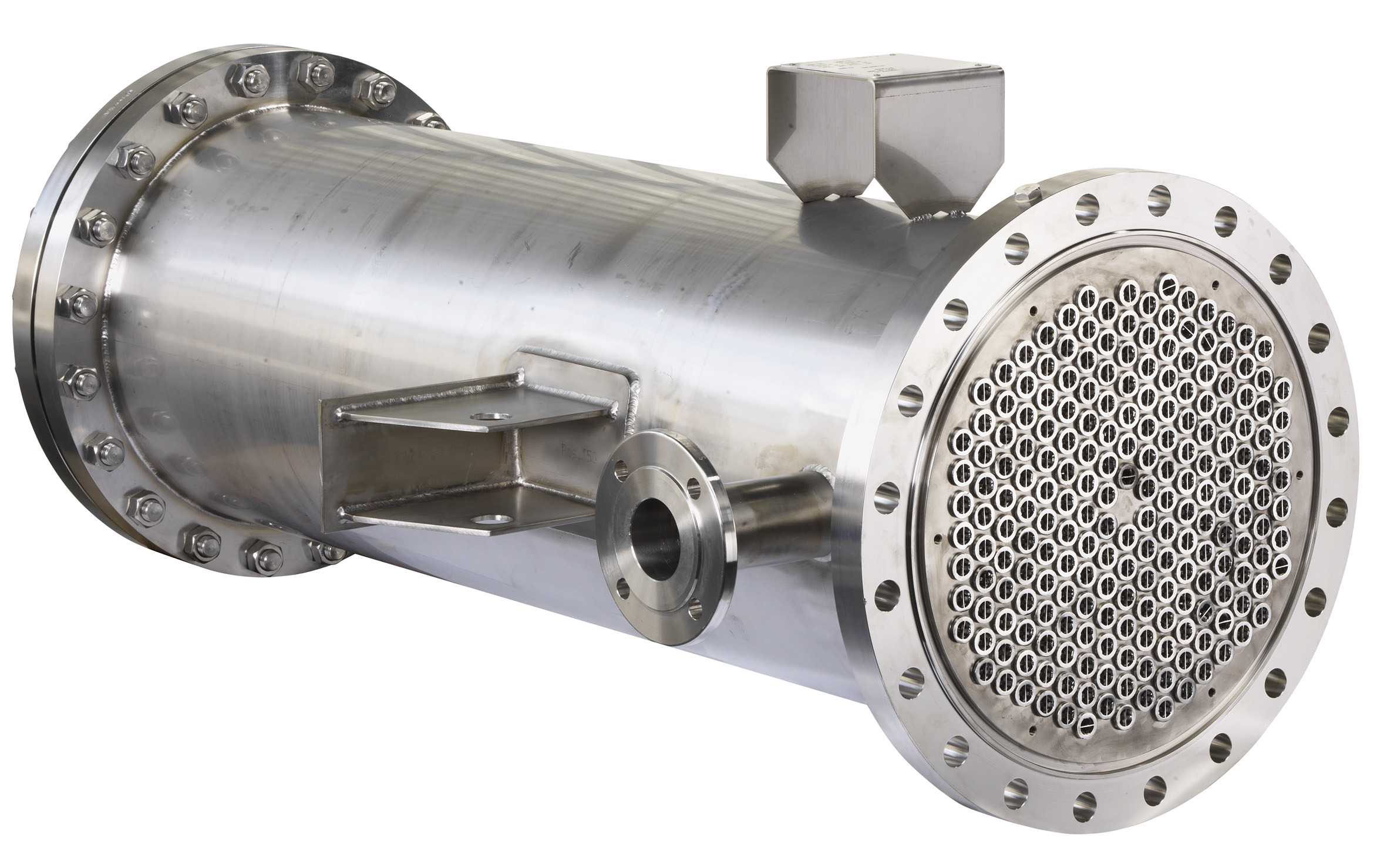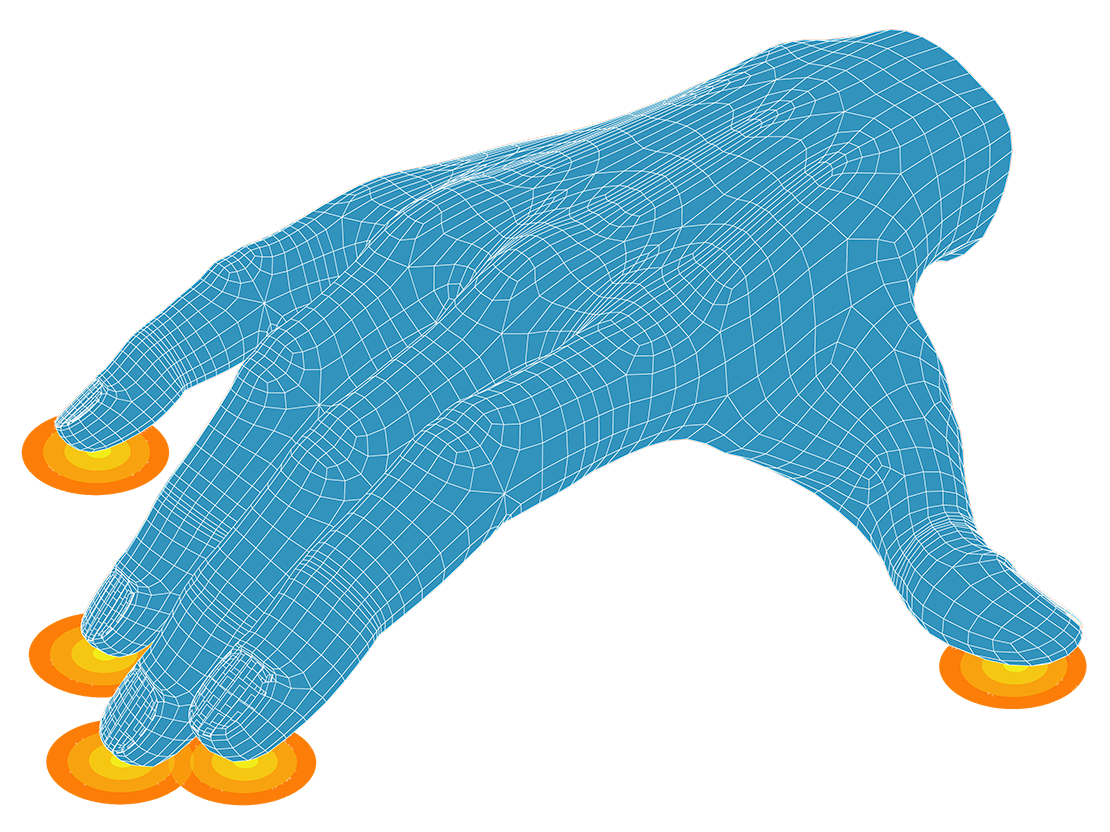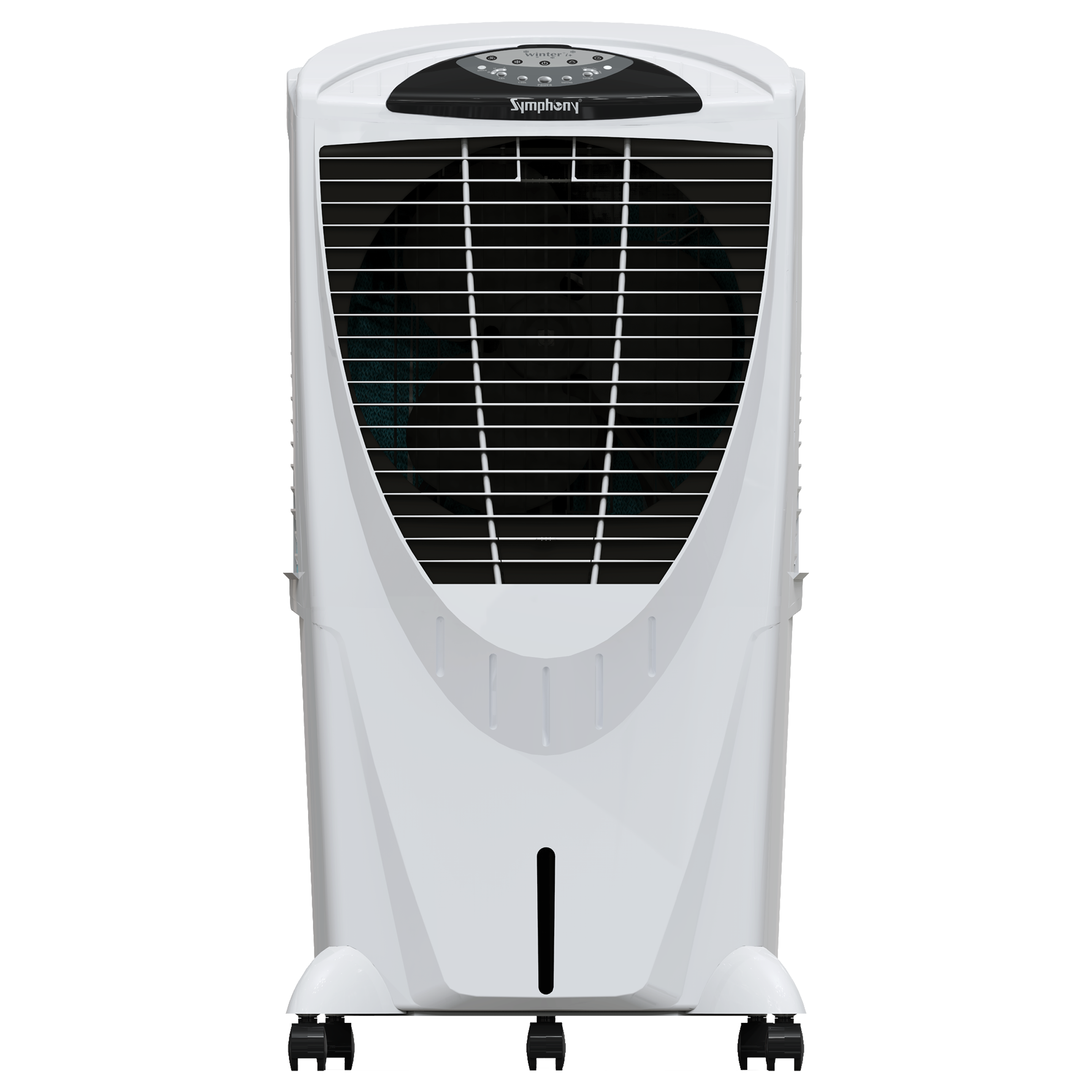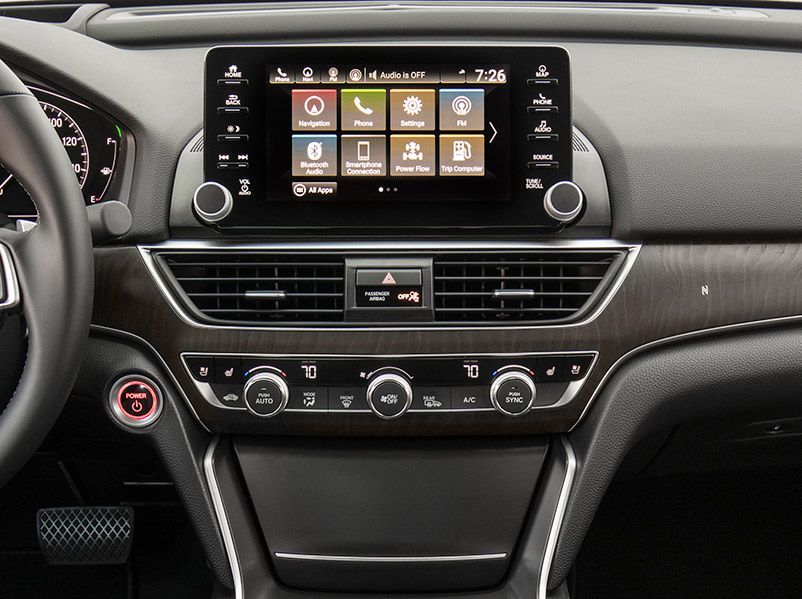Denso Corporation and Its Strategic Innovations in the Automotive Robotics Market
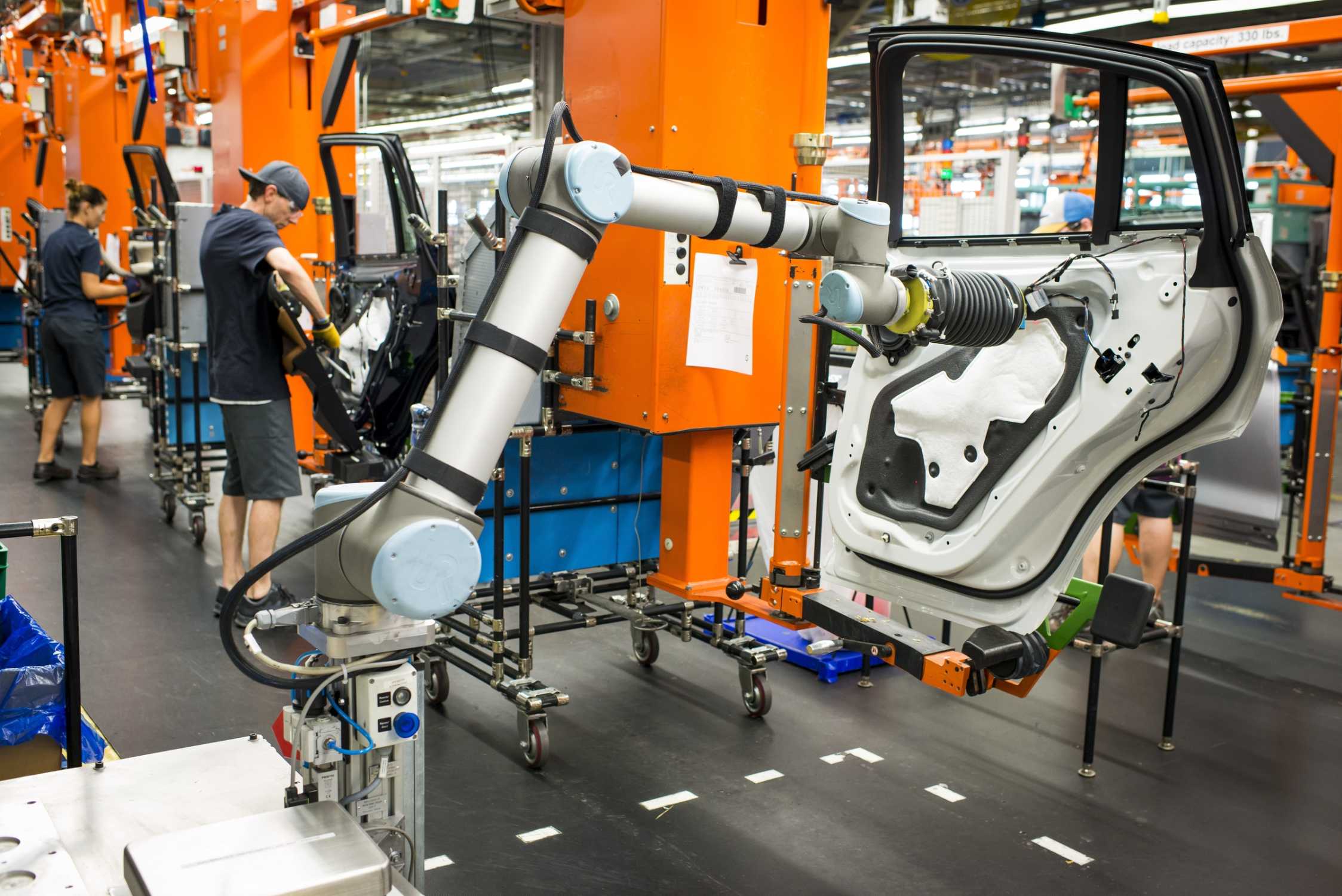
Strong 8k brings an ultra-HD IPTV experience to your living room and your pocket.
Denso Corporation, a global leader in the Automotive Robotics Market, has steadily reinforced its position in the automotive robotics market through groundbreaking strategies, emerging innovations, and continual development. A crucial player in the automotive sector, Denso is pushing the envelope in areas like automation, robotics, and the integration of cutting-edge technologies in vehicle manufacturing.
Let’s explore how Denso has positioned itself to lead the automotive robotics market and the key strategies and innovations that are shaping its future.
Denso Corporation: An Overview
Founded in 1949, Denso Corporation is one of the largest suppliers of advanced automotive technology, systems, and components. Headquartered in Kariya, Japan, the company operates in various sectors, including electrification, powertrain control, safety, climate, and infotainment, serving major automakers globally. With a relentless focus on sustainability, technological innovation, and customer-centric solutions, Denso has evolved into a powerhouse of innovation in the automotive industry.
Denso is particularly well-known for its role in advancing automation and robotics, both in manufacturing processes and in the development of new products that integrate robotics in vehicles. It has pioneered the development of innovative robotics solutions that are now critical to automakers, especially as they embrace Industry 4.0.
Strategies Driving Growth in the Automotive Robotics Market
1. Investment in Research & Development (R&D): Denso's commitment to advancing robotics technology is evident in its robust investment in research and development. The company consistently channels resources into developing state-of-the-art robotic solutions to support the manufacturing of automotive components with enhanced precision, efficiency, and safety. As the demand for higher production quality and lower costs increases, Denso has positioned itself at the forefront by creating intelligent robotic systems capable of automating various stages of the manufacturing process.
Denso's research into robotics is not limited to the assembly line; it also extends into product innovations for autonomous vehicles, electric vehicles (EVs), and mobility solutions. These innovations have reshaped how robotics are incorporated into automotive manufacturing and product development.
2. Collaborations and Partnerships: To stay ahead in the competitive automotive robotics market, Denso has formed strategic alliances and partnerships with key players in the robotics industry. Collaborating with industry leaders like Fanuc, ABB, and Kawasaki Heavy Industries has allowed Denso to integrate advanced robotics solutions into its automotive manufacturing lines. These partnerships enable Denso to leverage specialized robotic technology that enhances its capabilities in assembly, quality control, and material handling.
Additionally, Denso collaborates with automakers to integrate robotics into vehicle production systems, as well as to deploy robotics in next-gen vehicle technologies like autonomous driving systems and smart manufacturing.
3. Focus on Artificial Intelligence (AI) and Machine Learning: One of Denso's key strategies is the integration of AI and machine learning into its robotic systems. AI-driven robotics is a growing trend in the automotive industry, enabling more intelligent automation. Denso has developed AI algorithms that allow robots to learn and adapt to new tasks autonomously. This makes Denso’s robotics solutions highly flexible and capable of responding to evolving manufacturing needs without requiring major changes in programming.
AI-enabled robots are especially valuable for automotive manufacturers who need to scale production quickly and efficiently while maintaining high levels of customization. The deployment of AI also allows Denso’s robots to handle complex tasks, such as quality inspection and precision assembly, more effectively than ever before.
Emerging Innovations in Automotive Robotics
1. Collaborative Robots (Cobots): Denso has been a strong advocate of collaborative robots, or cobots, which are designed to work alongside human operators in a shared workspace. These robots are equipped with advanced sensors, safety features, and AI-driven capabilities that allow them to safely interact with humans. In automotive manufacturing, cobots can assist with tasks that require precision and dexterity, such as assembling complex parts or performing delicate operations.
The adoption of cobots in automotive factories is growing rapidly, as they help boost productivity, reduce human labor costs, and enhance safety. Denso’s investment in cobots aligns with the broader automotive industry’s push for more flexible, human-robot collaborative production environments.
2. Automation in Electric Vehicle Production: With the global shift towards electric vehicles (EVs), Denso is adapting its robotic systems to address the specific needs of EV production. The manufacturing of EV components, such as batteries and electric drivetrains, involves complex processes that require advanced automation. Denso’s robotics are being optimized to handle these specialized tasks, making EV production more efficient and cost-effective.
Moreover, Denso’s robotics solutions are contributing to the development of automated charging systems, battery swapping stations, and other EV infrastructure innovations. This demonstrates Denso’s commitment to supporting the future of electric mobility through advanced robotics.
3. Autonomous Vehicle Technologies: Robotics is also playing a crucial role in the development of autonomous vehicle technologies. Denso is working on the integration of robotic systems in driverless cars, helping them achieve high levels of automation and safety. Robotic systems are being designed to handle tasks like vehicle navigation, object detection, and obstacle avoidance, all of which are vital components of autonomous driving.
Denso’s robotics technologies enable precise sensor fusion, which allows autonomous vehicles to perceive their environment accurately. These innovations not only improve vehicle safety but also drive the overall growth of the autonomous vehicle market.
Developments in Manufacturing Robotics
1. Advanced Robotic Arms: Denso has been at the forefront of creating highly efficient and versatile robotic arms used in various automotive manufacturing processes. These robotic arms are used for tasks such as welding, painting, and assembly, all of which require high precision and speed. The arms are equipped with sophisticated sensors and actuators to enhance their performance and flexibility.
Denso’s robotic arms also feature advanced machine vision systems, enabling them to inspect components in real time, reducing errors and increasing overall production quality. These arms have become integral to the automotive assembly line, ensuring that components are assembled with minimal human intervention.
2. Robotics for Inspection and Quality Control: Automation is not just about production; it’s also about quality control. Denso’s robotics systems are increasingly used for inspection tasks in automotive manufacturing. Equipped with high-resolution cameras and AI-driven vision systems, these robots can perform detailed inspections of components, ensuring they meet stringent quality standards.
By integrating AI and robotics into the inspection process, Denso has significantly reduced defects and increased the overall efficiency of quality assurance in automotive manufacturing. This technological leap is helping automakers meet rising consumer expectations for reliability and performance.
Conclusion
Denso Corporation is revolutionizing the automotive robotics market by focusing on strategic investments in R&D, leveraging collaborations, and driving the development of emerging technologies such as AI, collaborative robotics, and automation for electric and autonomous vehicles. Through its continuous innovation and adaptation to changing industry trends, Denso is not only improving the efficiency and capabilities of automotive manufacturing but is also shaping the future of mobility. As the automotive industry continues to evolve, Denso’s commitment to automation and robotics positions it as a leader in the race for smarter, safer, and more sustainable vehicle production.
Note: IndiBlogHub features both user-submitted and editorial content. We do not verify third-party contributions. Read our Disclaimer and Privacy Policyfor details.



